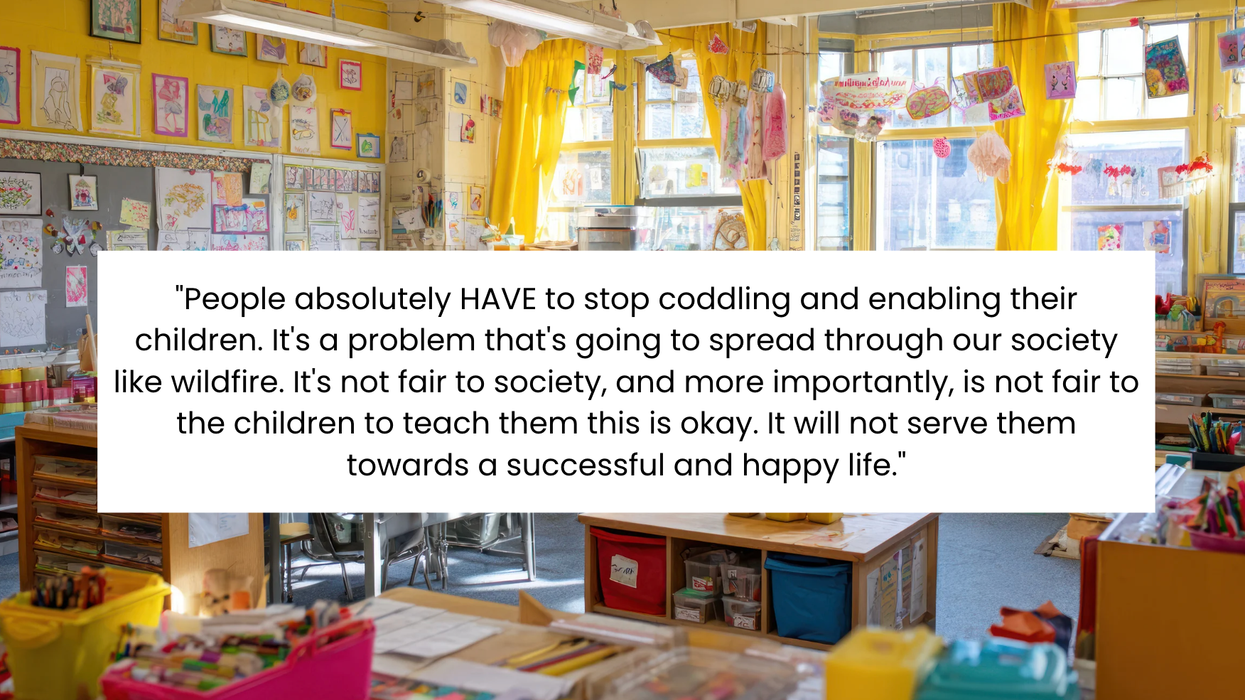Each year about 30,000 young people who have been in foster care age out of the system, usually at age 18. While the number of children in foster care overall has declined in the past decade, the number leaving the system without a single safe and caring adult in their lives has skyrocketed. More than half leave foster care without their high school diplomas or GED. More than half experience homelessness in the first year of aging out. Less than 3 percent go on to higher education and of that number only 3 percent graduate with a four-year degree. More than 70 percent of the people in our prisons report having been in either foster care or homeless shelters. Young people who have formerly been in foster care have the highest rate of unemployment in the nation other than people with disabilities. This cycle of despair must be stopped now. We cannot afford to turn our backs on teens who have been through more than most people can imagine and expect them to create a productive, joyful life.
















 Otis knew before they did.
Otis knew before they did.